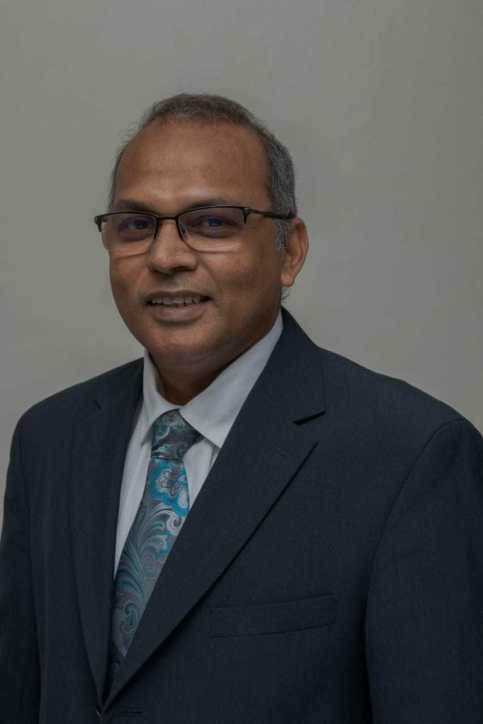With the number of novel coronavirus (COVID-19) deaths rapidly increasing in Guyana, Minister of Health Dr Frank Anthony yesterday asserted that education is the key to curbing the spread of the disease and preventing deaths and should the mass screening of elderly patients and public awareness campaigns in Region One prove successful, this will be implemented in other regions.
During an interview with Stabroek News, Anthony noted that most of the persons that have died after contracting COVID-19 were over the age of 60 and many of these persons had underlying health conditions such as diabetes, hypertension, cardiovascular diseases and cancers.
When asked if the government is considering isolating the vulnerable segment of the population, Anthony responded that such a measure will be very challenging and the better option will be to educate the populace. “What people need to understand is that if you’re above a certain age and if you have these underlying conditions then you have to take more precautions… and I think another important factor is that a lot of older people can be staying at home, complying, doing all the right things, but if a younger person living in the home goes out of their homes and not abide by the rules then they can get infected… They don’t even know they are positive and spread the disease because generally when you’re at home and in your home circle, people don’t want to wear masks, because of the familiar faces we feel that we are all ok and we don’t comply with any mask wearing or social distancing in the home because we’re family, but we don’t take into consideration what the other was doing,” he explained.
He disclosed that interviews with patients reveal that there were many cases such as the ones he described and this shows that being educated about how someone can contract the disease is very critical. With this in mind, they have embarked on a mission along with other officials to educate persons about the disease.
Commenting on the mass screening of elderly patients to be done in Region One, Anthony said that the mass screening is a pilot exercise, which if proven successful, will be implemented nationwide. However, he cautioned that given the topography of the Region, it is not certain if the remote areas will benefit from the programme or if it will be successful.
Spike
Regional Chairman Brentnol Ashley had informed that given the spike in deaths in Region One, the Regional Democratic Council in collaboration with the Ministry of Human Services and Social Security will be commencing mass screening of elderly persons across the region, some of whom will be tested if health officials believe it necessary to do so.
In this regard, Anthony said that the team will also be educating the elderly and encouraging them to stay in their homes. “It is a challenge and the right thing is education and then people can be in a better position to assess their risks and that is what is important, them getting a better understanding of risk and with co-morbidities with age, your risk goes up and becomes much higher,” he explained, before adding that the officials in Region One recognise that elderly patients are the most vulnerable section of the population and they are piloting the project to see if it works.
“If the results they get are good then no doubt we are going to scale that up and implement in other regions but it’s challenging based on the geographical spread but let’s give them a chance to work on it,” he said.
Meanwhile, regarding the deaths in Region One, he said many persons underestimate the severity of the disease and when they do go to the hospital it is already too late. He said that in such cases, the person either dies before arriving at the hospital or shortly after they arrive. As a result, health officials are unable to do much to save those patients. However, as a general rule, a swab would be taken from those persons for testing so that the cause of death can be known without ruling out COVID-19.
He added that the situation in the region was discussed and the team in Region One was instructed to encourage persons that even if they feel a mild discomfort, they should go to the hospital so the doctors have more time to do whatever they can to save those persons.





